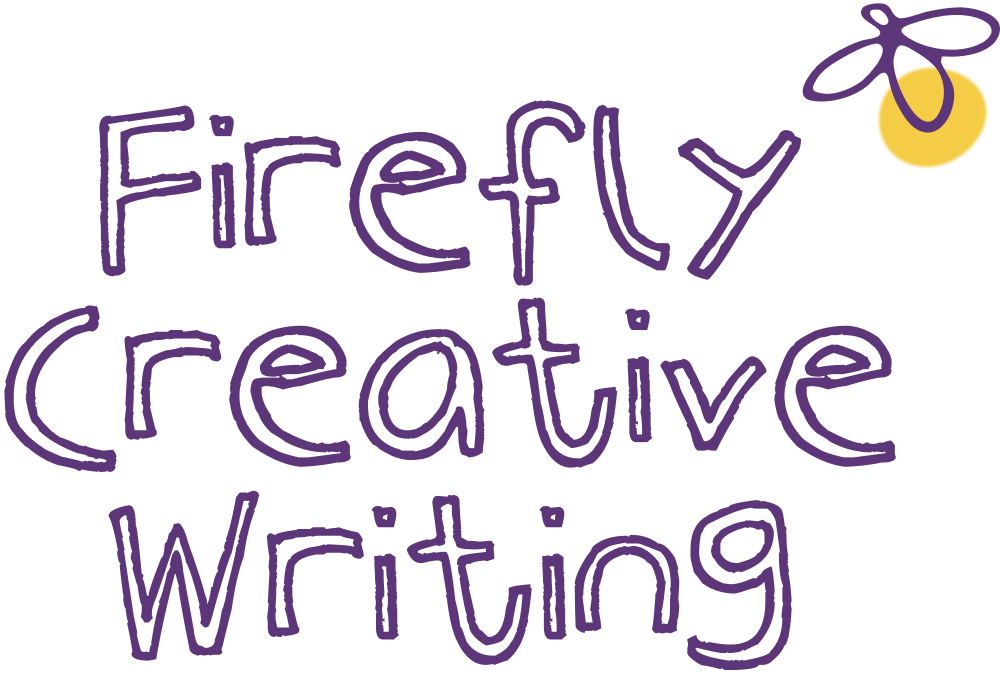New suns and the work of repair.
A person in silhouette, holds up the sun, on a reddish orange backdrop.
Dear Hearts,
This season, Kim and Mary dreamed up a new speculative fiction workshop for and by BIPOC (see the P.S. below for more on this term), called New Suns.
The name “New Suns” comes from a quote by the legendary Octavia Butler, who wrote:
“There’s nothing new under the sun,
but there are new suns.”
This got me thinking about the magic and limits of stories.
For all its stunning beauty, this world of ours is pulsing with hurt. Maybe it always has been. Somehow it’s felt harder than ever this year, the gap between what I can control (so little) and what I want for us (so much), yawning and enormous.
But then we have stories. Beautiful, impossible stories. They are the bricks that make our imaginations visible, that let us climb as high as someone else has gone, and add another layer. They are the architecture of each generation’s beliefs and limitations. It’s up to us to leave a wider, more compassionate anthology than the one we were given.
Stories have failed us all in moments.
I remember the summer I turned 25, falling in love with a woman for the first time, my heart a blooming tangle of fear and dizzy love. I took a storytelling course in an old church in downtown Toronto, and one day we had a tour of the library archives. I remember the librarian bringing out a huge book where, she said, we could find a listing of every folk tale ever written.
This claim seems both audacious and problematic to me today, but at the time, I was enchanted. Finally, I’d be able to find a story that could hold the summer I was living through.
Hours later, tears and anger twisted in my throat as I closed the book. I had tried every term, read every love story. There wasn’t a single mention of queer love. My classmates looked at me blankly, eyebrows raised. “People have been falling in love with all genders for all time,” I managed. “Who erased us?”
That night, I waited until my neighbourhood was very dark, and I tiptoed into the lane I could see from my bedroom window with a box of chalk. Then I wrote, in huge blocky letters YOU ARE NOT ALONE on the asphalt, tears mixing with pastel dust in the soft streetlight.
At the time, I couldn’t have told you why I was out there, but I can see it now. I was writing what I needed to read. I was wrestling my summer back into language.
Words belong to all of us.
We can scribble the things we didn’t get to say. We can write the stories we didn’t get to hear. We can make our own mythologies, paint new suns into the sky and sketch out plans for new cities that the next generations will find themselves in.
We’re in charge. You’re in charge. There is so much that still needs to be written.
If you want to build things with words, I hope you’ll remember we’re here for you.
Mark Nepo wrote, “The work of repairing the world is endless and beautiful.”
I’ll meet you there.
In it with you,
P. S. BIPOC stands for “Black, Indigenous, and People of Colour.” It’s a blanket term for anyone who isn’t white. It’s not a perfect term, but it’s the one that works best for us, and it’s the choice of Kim, Mary and Asifa, who run these programs. For more on our BIPOC programming, see here.
P. P. S. That photo at the top is by Selvan B, shared with permission via Unsplash.


